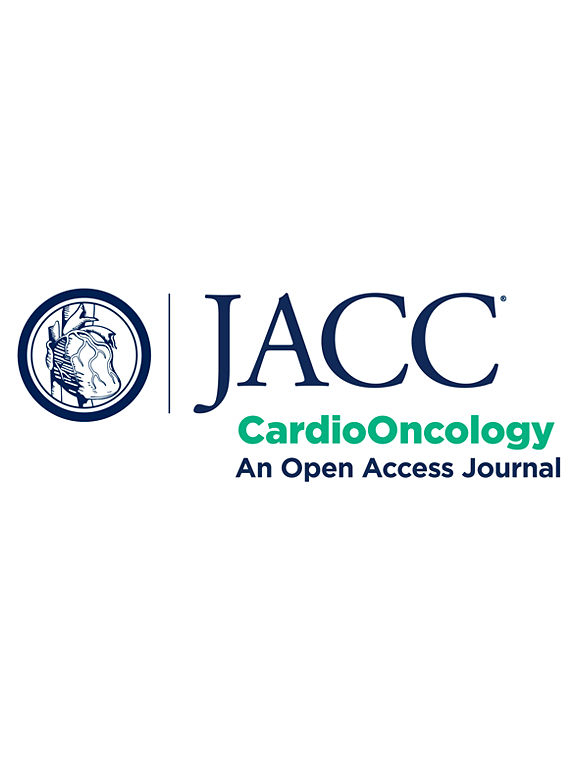Diet and Prevention of Cardiovascular Disease and Cancer
IF 12.8
1区 医学
Q1 CARDIAC & CARDIOVASCULAR SYSTEMS
引用次数: 0
Abstract
Cardiovascular disease (CVD) and cancer remain the leading causes of mortality in the United States, where poor diet has surpassed smoking as the leading risk factor for death, and life expectancy has hit a plateau as CVD mortality has stagnated over the past decade. Although the pathophysiology of CVD and cancer is complex and multifactorial, lifestyle factors including diet often contribute significantly to their pathogenesis. There is a wealth of observational data as well as emerging trial data supporting the benefits of a predominantly whole-food plant-based diet in the prevention of CVD and cancer. However, there is a need for implementation science to effectuate existing knowledge. Given the shortcomings of the standard American diet, characterized by excessive intake of red meat and ultraprocessed foods, while deficient in fiber and phytonutrients, it will be necessary to shift default patterns of eating to make healthy choices the path of least resistance.
饮食与预防心血管疾病和癌症:JACC:心脏肿瘤学最新进展综述。
在美国,心血管疾病(CVD)和癌症仍然是导致死亡的主要原因,在美国,不良饮食已经超过吸烟成为导致死亡的主要风险因素,随着心血管疾病死亡率在过去十年中停滞不前,预期寿命已经达到了一个平台期。虽然心血管疾病和癌症的病理生理是复杂和多因素的,但包括饮食在内的生活方式因素往往对其发病机制起重要作用。有大量的观察数据和新出现的试验数据支持以全食物为主的植物性饮食在预防心血管疾病和癌症方面的益处。然而,需要实施科学来实现现有的知识。考虑到标准美国饮食的缺点,即过量摄入红肉和超加工食品,同时缺乏纤维和植物营养素,有必要改变默认的饮食模式,使健康的选择成为阻力最小的道路。
本文章由计算机程序翻译,如有差异,请以英文原文为准。
求助全文
约1分钟内获得全文
求助全文
来源期刊

Jacc: Cardiooncology
Multiple-
CiteScore
12.50
自引率
6.30%
发文量
106
期刊介绍:
JACC: CardioOncology is a specialized journal that belongs to the esteemed Journal of the American College of Cardiology (JACC) family. Its purpose is to enhance cardiovascular care for cancer patients by publishing high-quality, innovative scientific research and sharing evidence-based knowledge.
The journal aims to revolutionize the field of cardio-oncology and actively involve and educate professionals in both cardiovascular and oncology fields. It covers a wide range of topics including pre-clinical, translational, and clinical research, as well as best practices in cardio-oncology. Key areas of focus include understanding disease mechanisms, utilizing in vitro and in vivo models, exploring novel and traditional therapeutics (across Phase I-IV trials), studying epidemiology, employing precision medicine, and investigating primary and secondary prevention.
Amyloidosis, cardiovascular risk factors, heart failure, and vascular disease are some examples of the disease states that are of particular interest to the journal. However, it welcomes research on other relevant conditions as well.
 求助内容:
求助内容: 应助结果提醒方式:
应助结果提醒方式:


